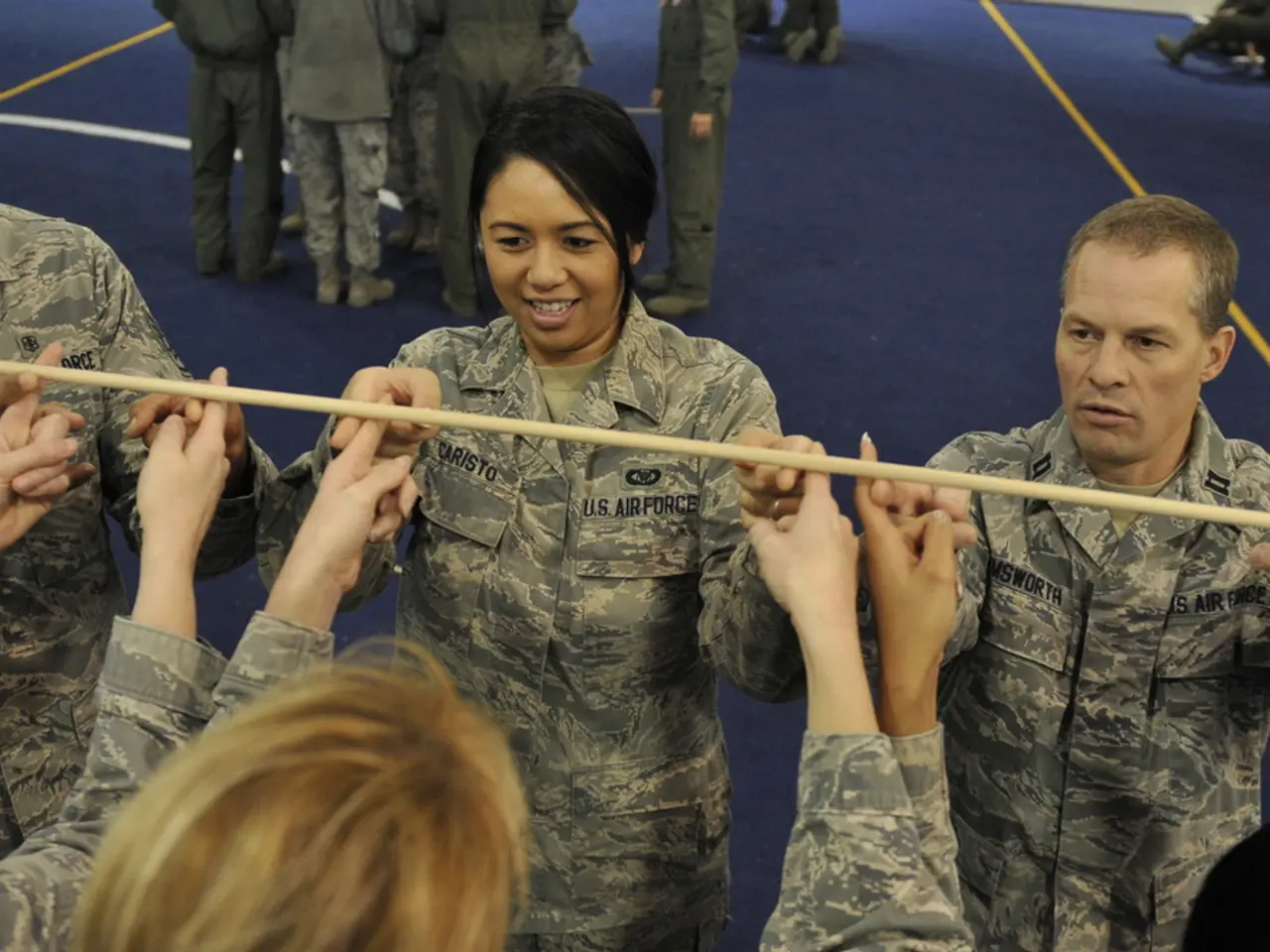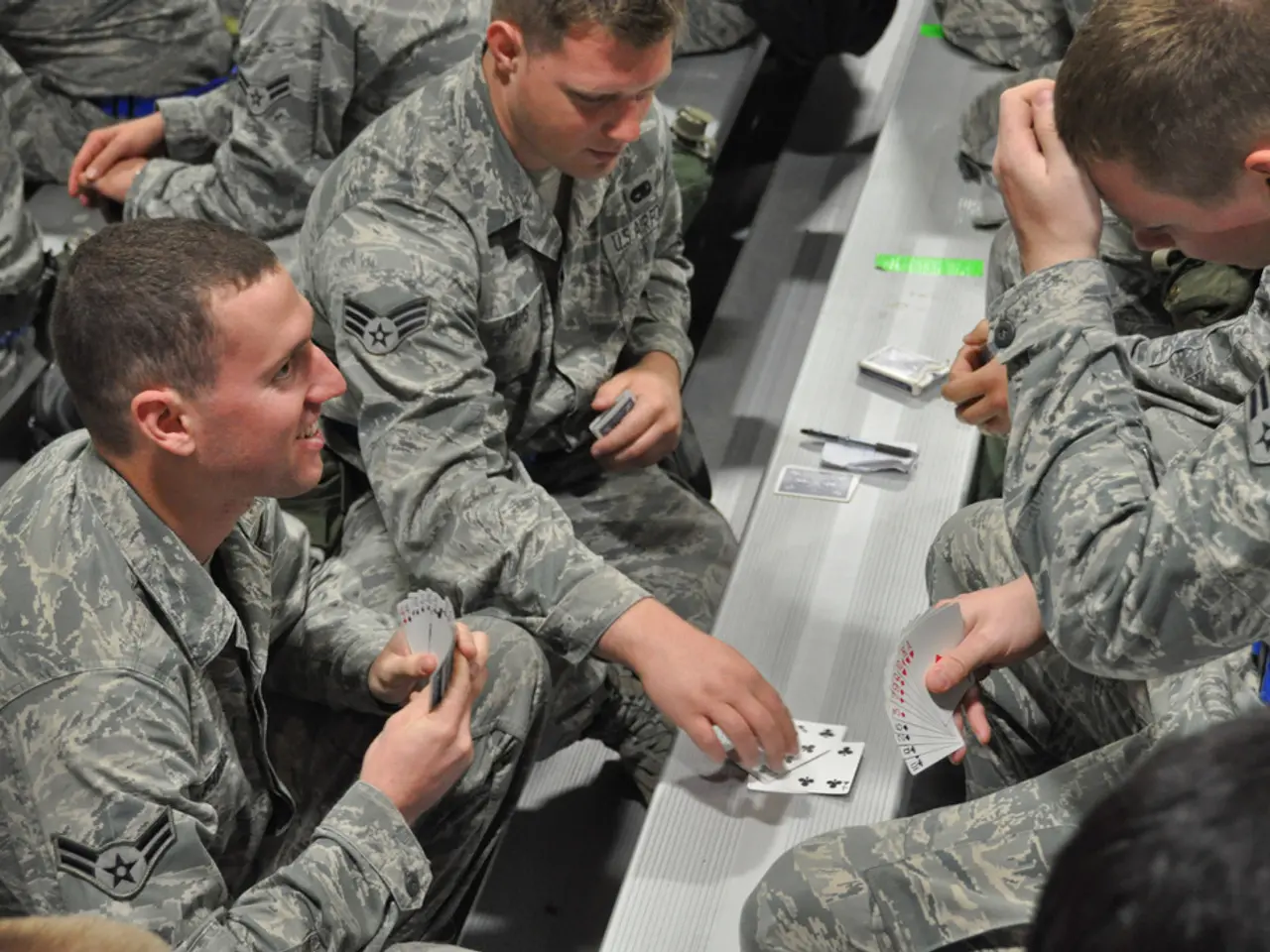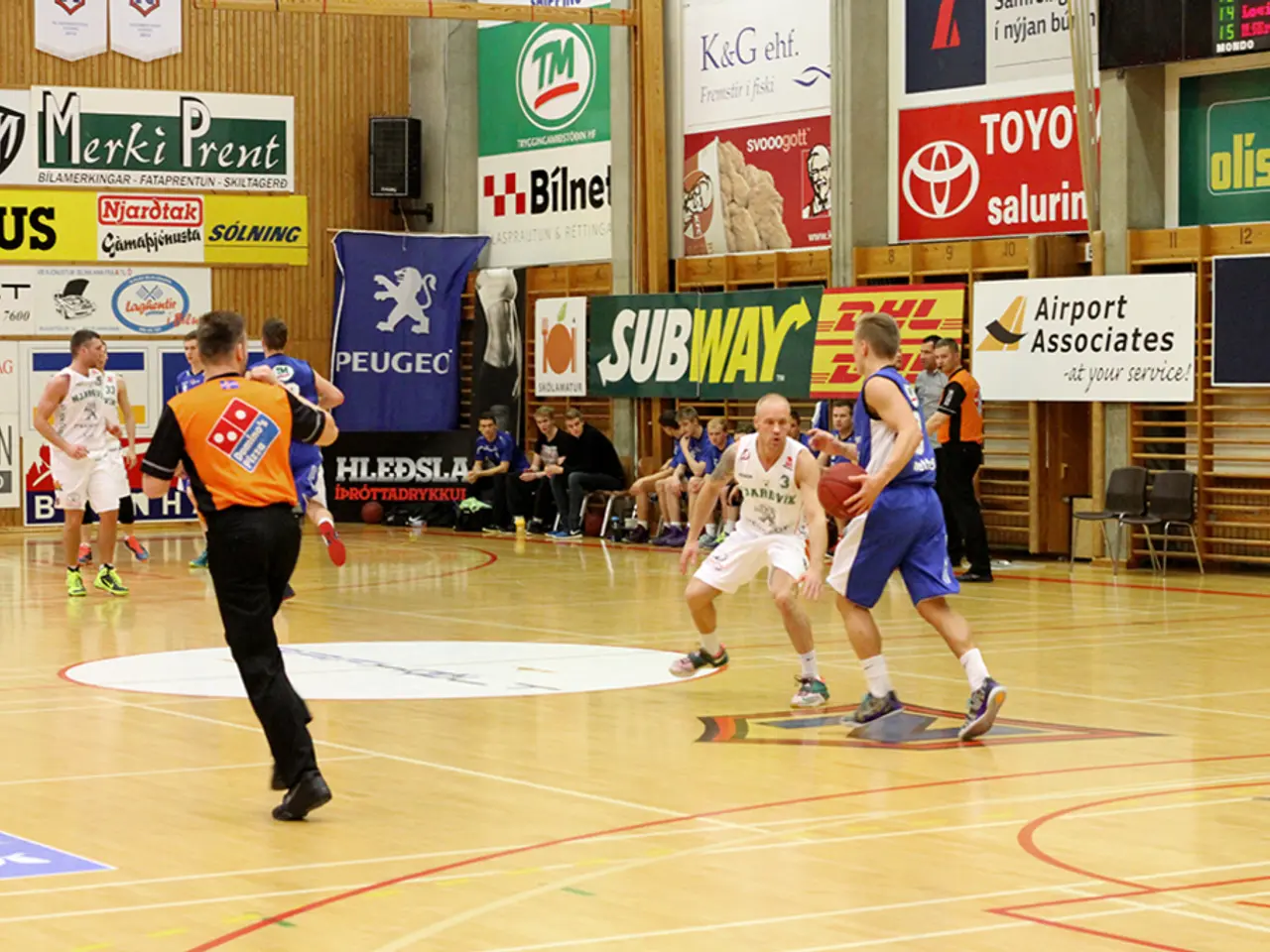Air Force Basic Military Training Chow Hall Decibel Level Discussion
Relax, You Ain't Gettin' Screamed at During Meals at BMT!
The rumors swirling around Basic Military Training (BMT) alleging that military training instructors (MTIs) can no longer yell at trainees during meals are unfounded. So if you're thinking of joining the Air Force or Guardians, don't sweat it, you won't have yelling disrupting your chow time!
Though MTIs might still give trainees a hard time, they're expected to keep the yelling to a minimum during meals. Instead, they'll employ a more measured tone to make corrections. As Vanessa Adame, the 37th Training Wing's chief of media relations, explained to Air & Space Forces Magazine, this is not about eliminating pressure, but making sure trainees have a full 10 minutes to enjoy their grub.
When it comes to correcting uniform wear and dining hall procedures at the Dining Facility (DFAC), the MTIs stay on their toes. However, they'll wait until trainees exit the DFAC to make other types of corrections to maintain a focused feeding period.
Meanwhile, the trainees leading their fellow recruits into the DFAC, the dreaded "chow runners," must endure the "Snake Pit," where MTIs eagerly criticize any misstep.
A post on a popular unofficial Facebook page claimed that Col. Billy Wilson Jr., commander of the 737th Training Group, issued guidance forbidding yelling in the DFAC, except for emergencies or safety issues.
The post stated the group commander's intent was to make meal times a "mental break."
But Adame clarified that while yelling is subjective, the policy at the DFAC has not changed. Wilson merely reinforced the current policy in a conversation with squadron commanders, and no adjustments to standard operating procedures have been made.
The DFAC experience at BMT is no picnic. If you need a glimpse into this challenging environment, you can check out a 2021 YouTube series from the Air Force Recruiting Service. The series showcases shirtless trainees filing into the DFAC for breakfast, and it's not exactly a jolly good time.
Trainees act as chow runners, seeking permission from MTIs stationed in the Snake Pit to enter and exit the DFAC. And if they don't follow the specific procedures, they'll pay the price with a mouthful of yelling.
"Don't be chow runner, they get yelled at for everything," one trainee joked in the video.
Though mealtime at BMT may not be a retreat, trainees understand that the yelling is meant to help them improve and perform better. As one trainee put it, "Whenever they're yelling at you, they're yelling loud enough for the person in the back to hear. I don't know if that's true, but they may not be trying to blow out your ear drums, they might just be trying to make sure that everybody else hears so that they don't make the exact same mistake. So ... yeah it's been difficult."
Despite some recent changes aimed at better preparing trainees for stress and potential conflict with a peer adversary, like China or Russia, mealtime interactions remain key components of the training experience.
In recent years, changes include introducing inert M4 carbines for trainees to carry throughout BMT, learning basic sleep hygiene, stress management, and nutrition during Zero Week, and undergoing PACER FORGE, a 36-hour exercise that tests trainees in demanding scenarios.
The Air Force is evolving its training culture to minimize yelling and shift toward respectful correction methods as part of ongoing efforts to balance rigorous training standards with improved training climate and trainee well-being.
- The policy at the Dining Facility (DFAC) during Basic Military Training (BMT) has not changed significantly, despite claims that yelling is not allowed, except for emergencies or safety issues.
- Contrary to some beliefs, meal times at BMT are not intended to provide a mental break, but they are key components of the rigorous training experience.
- In the Air Force's ongoing efforts to balance training standards with improved training climate and trainee well-being, there has been a shift towards more respectful correction methods, including a reduction in yelling.
- Changes in Air Force training culture have included the introduction of inert M4 carbines, learning basic sleep hygiene, stress management, and nutrition during Zero Week, and undergoing PACER FORGE, a demanding exercise designed to test trainees.








